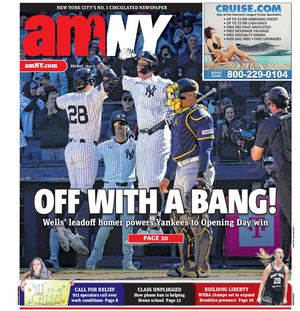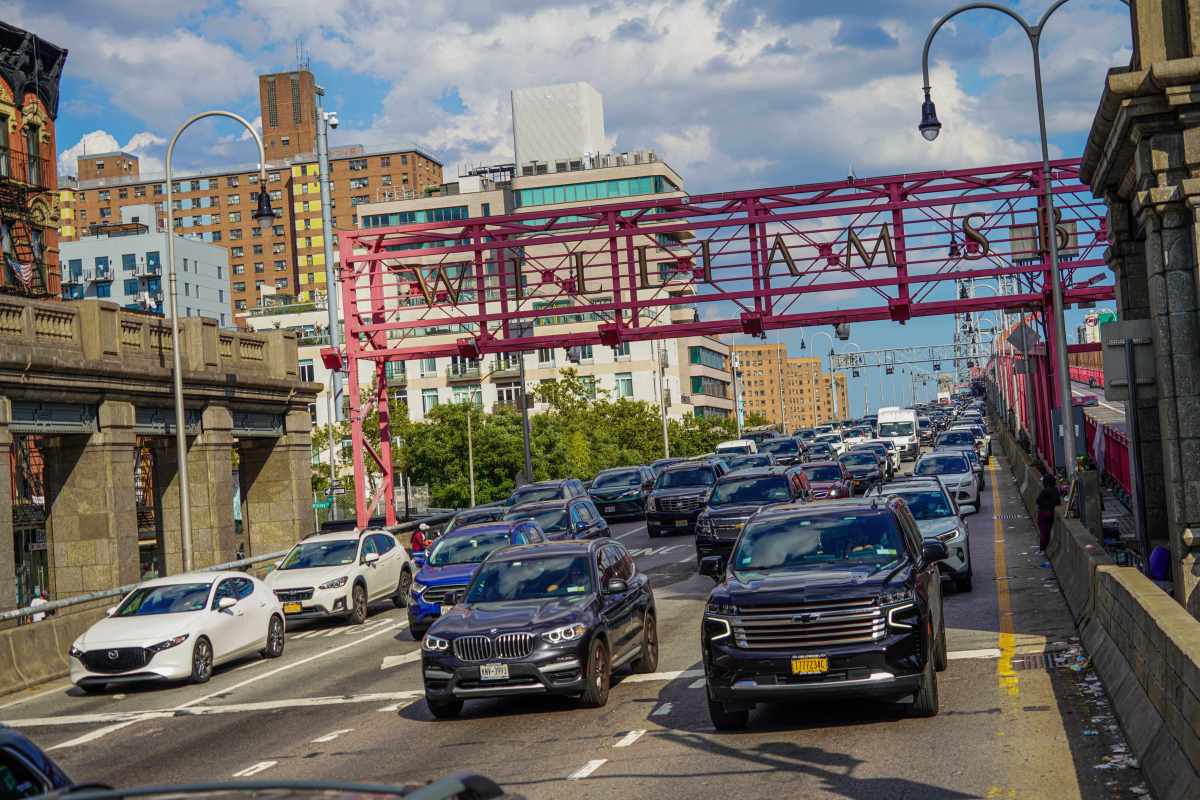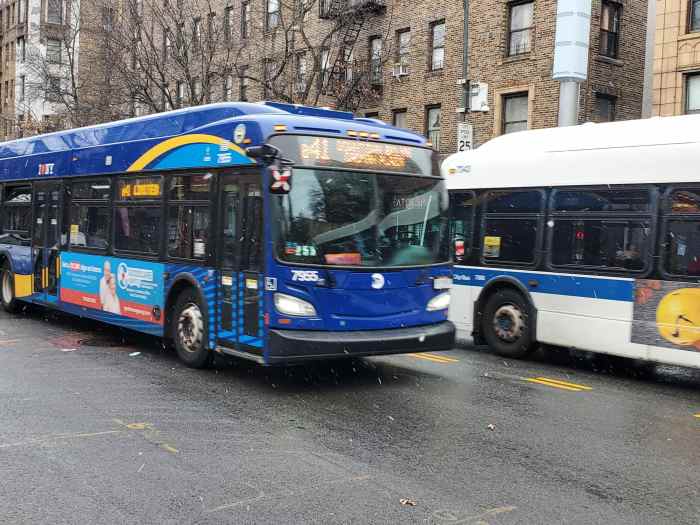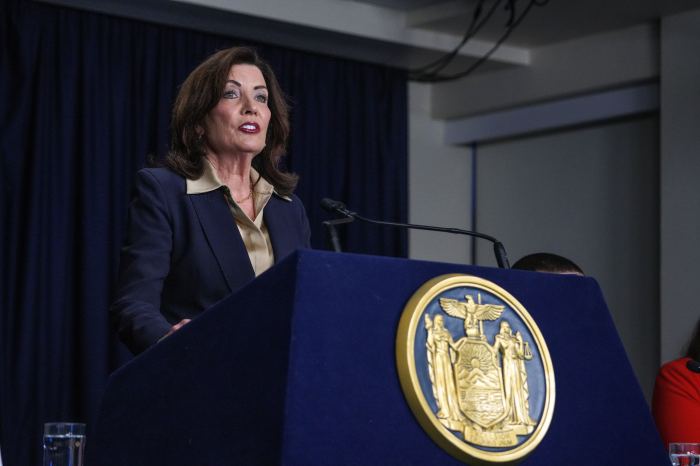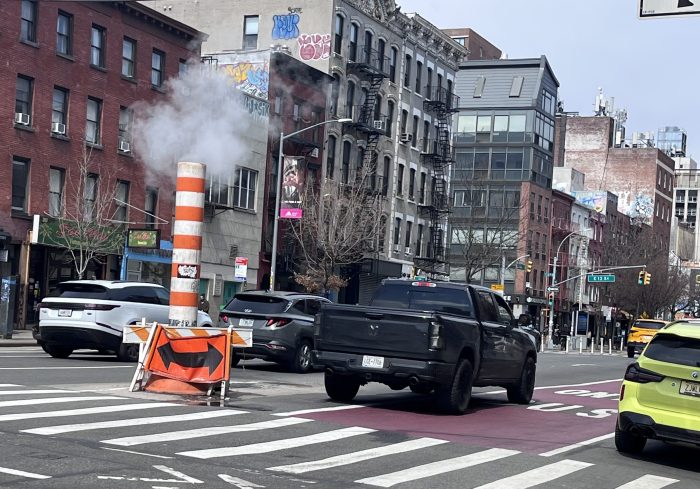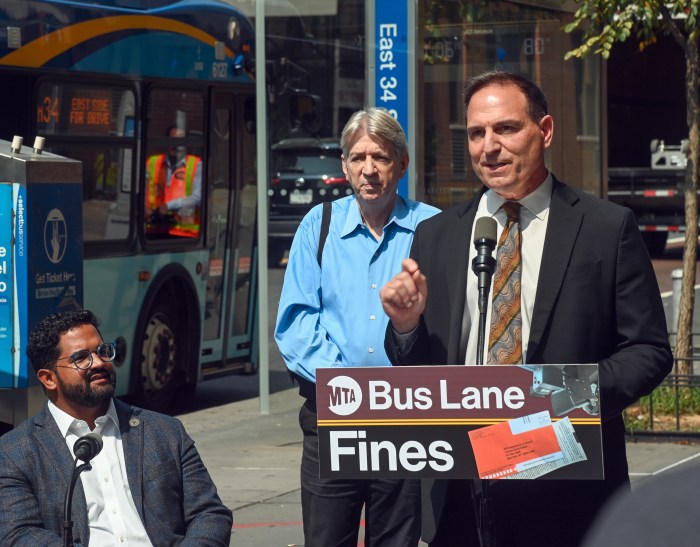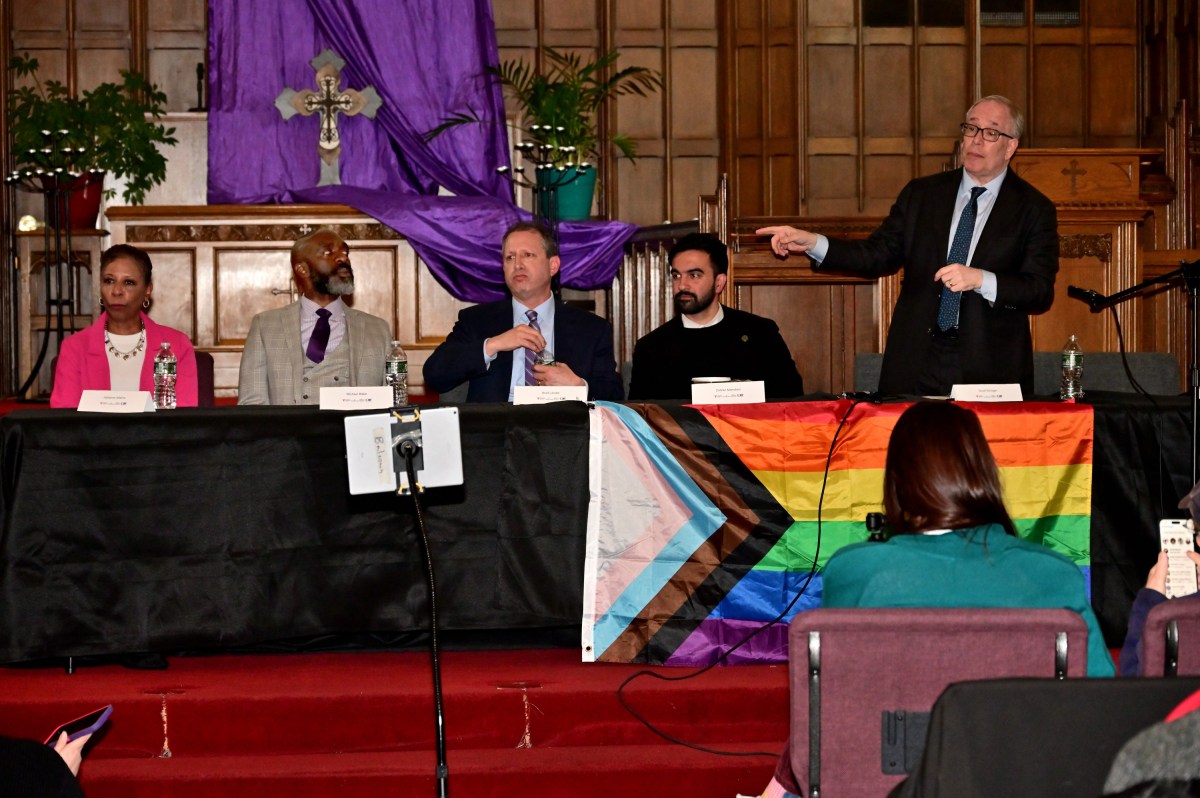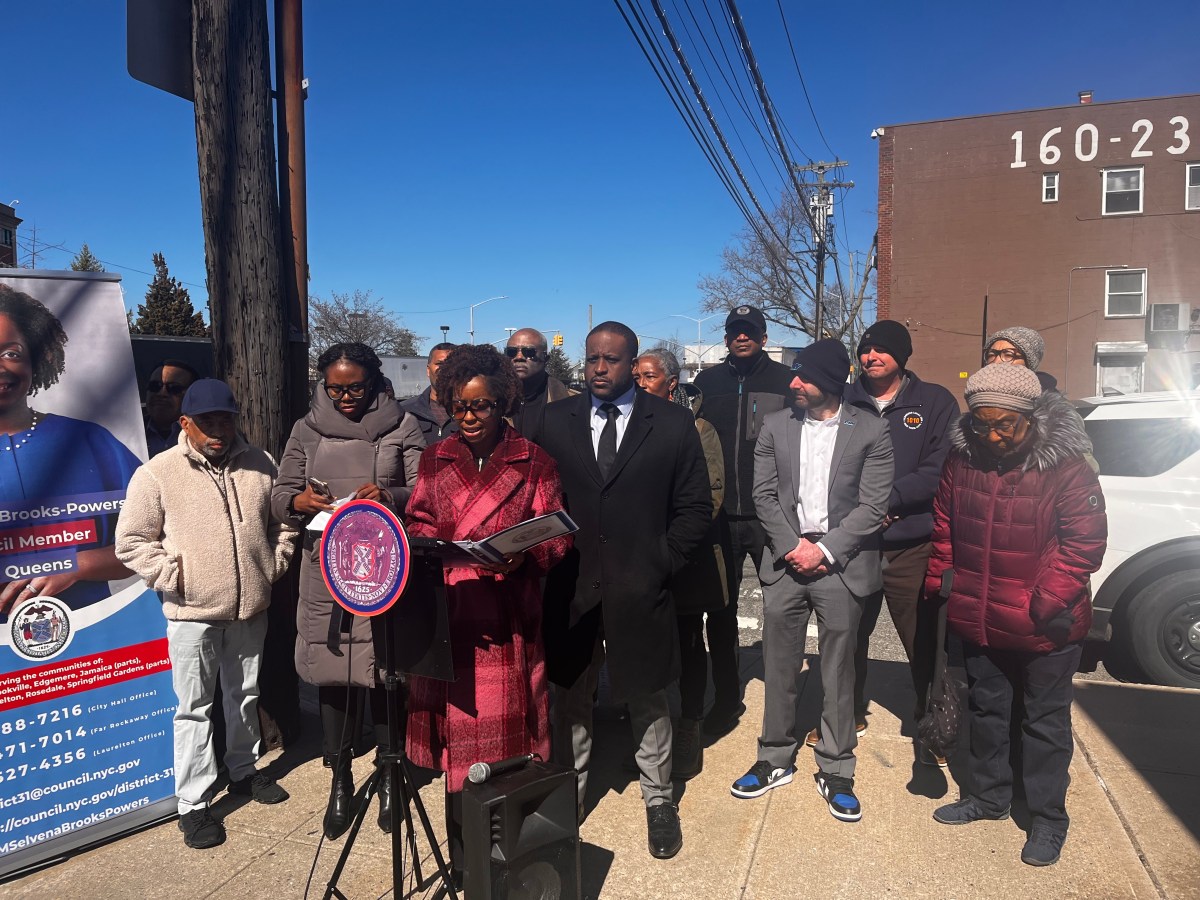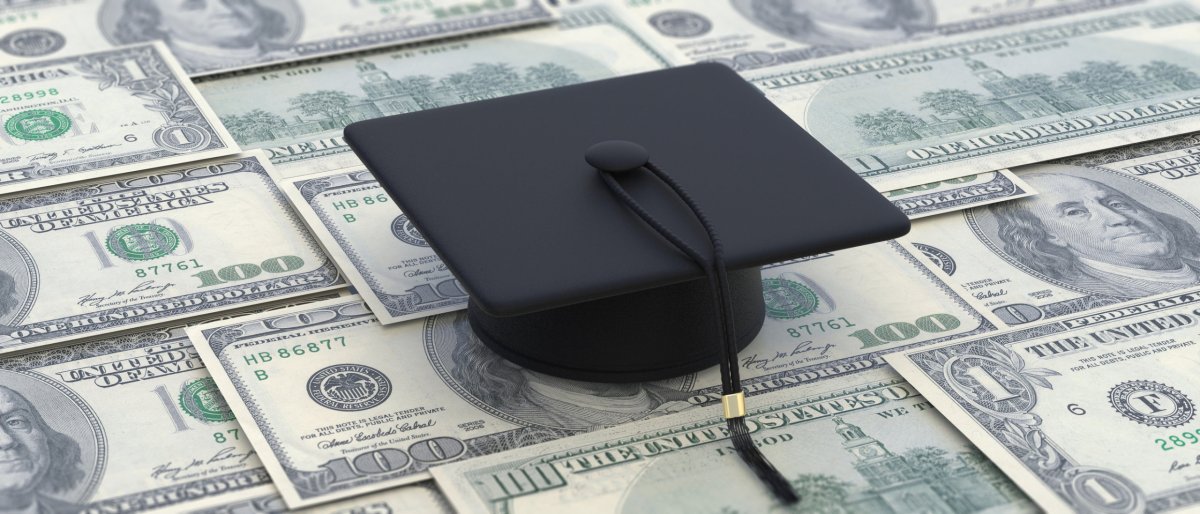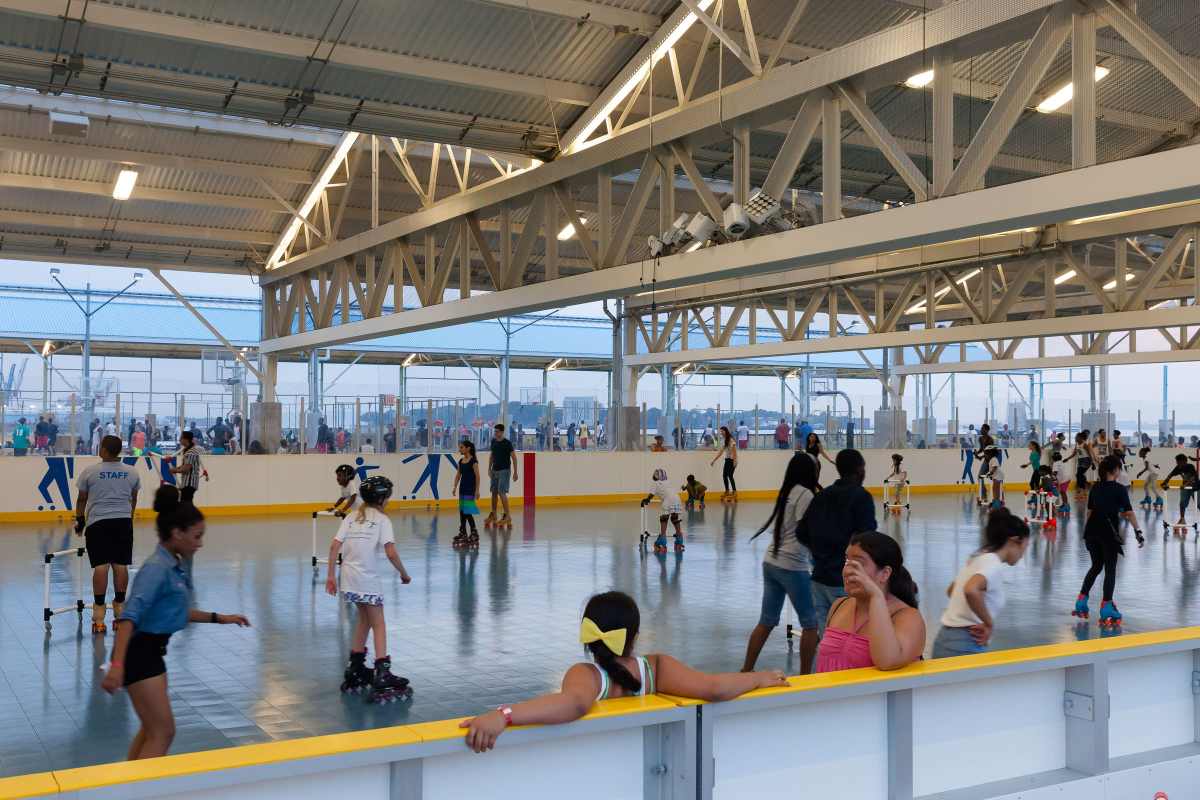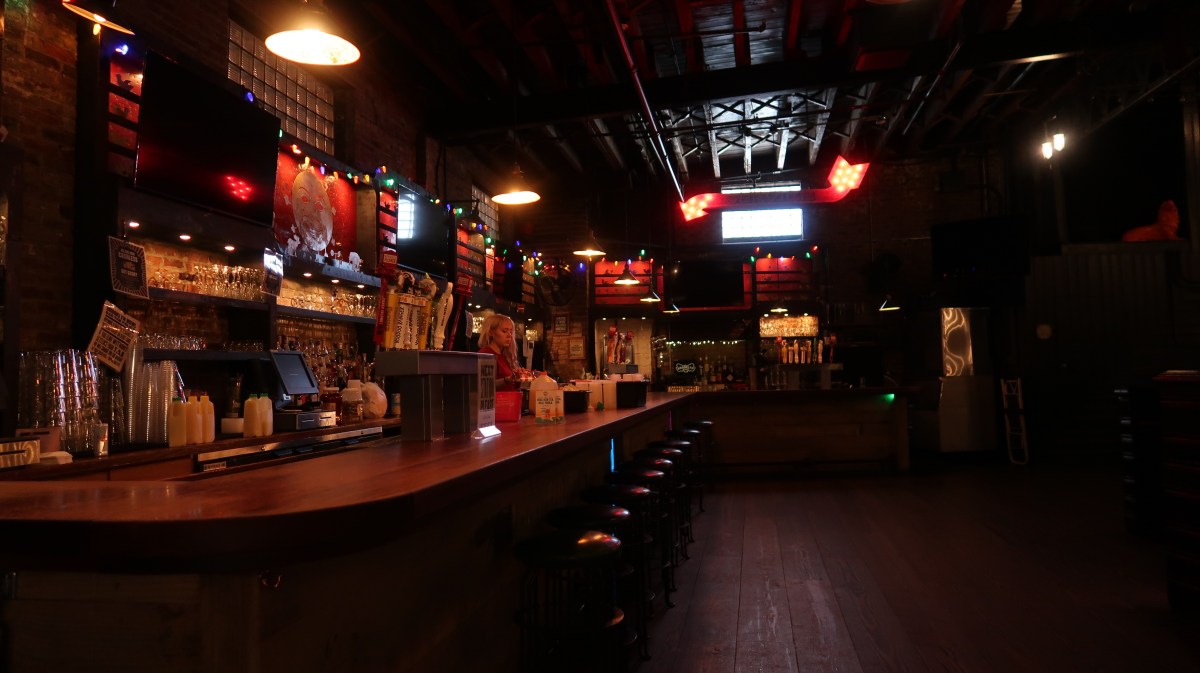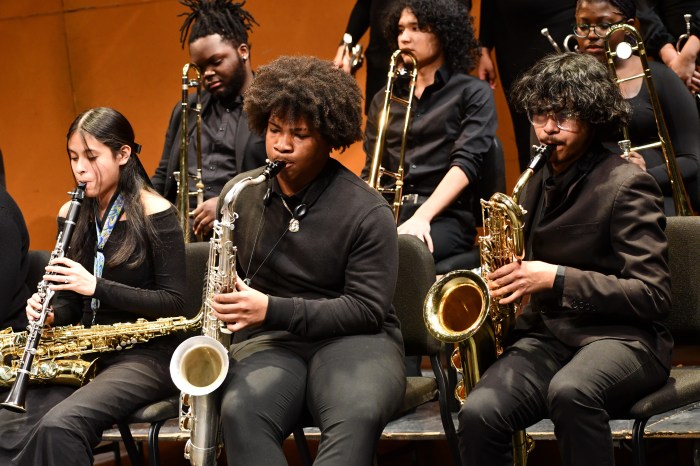Federal regulators have given final approval to New York City’s congestion pricing program, setting up the long-awaited implementation of tolling on vehicles entering Manhattan’s central business district to reduce congestion and fund the region’s mass transit.
A spokesperson for the Federal Highway Administration (FHWA) confirmed to amNewYork Metro that it had issued a “Finding of No Significant Impact,” or FONSI, for congestion pricing. That means the feds are satisfied that the program will not cause adverse environmental impacts on the region, and the MTA can officially move forward with its plan to toll motor vehicles up to $23 for entering Manhattan below 60th Street.
On Monday, Gov. Kathhy Hochul’s office sent out invitations to an announcement the governor will make on Tuesday afternoon about congestion pricing.
“Congestion pricing will reduce traffic in our crowded downtown, improve air quality and provide critical resources to the MTA,” Hochul said in a statement. “I am proud of the thorough environmental assessment process we conducted, including responding to thousands of comments from community members from across the region. With the green light from the federal government, we look forward to moving ahead with the implementation of this program.”
The MTA declined to comment.
Last month, the MTA published its final environmental assessment for the congestion pricing program, which was approved by state lawmakers in 2019 but had faced a long wait for full federal approval, which was needed since some of the roads where tolls would be levied receive federal funds.
To secure full approval, the MTA committed to, among other things, providing discounts to “low-income frequent drivers” who have little other choice but to drive into Manhattan, discounting overnight tolls to encourage trucks to make deliveries during off-hours, and capping tolls on taxis and for-hire vehicles to once per day. The agency also promised to invest in environmental mitigation measures for areas of the outer boroughs that could see larger amounts of traffic, like the Bronx.
In turn, the FONSI effectively means the feds agree that localized environmental impacts wrought by the program are outweighed by the broader reduction in carbon emissions and pollution that MTA brass say congestion pricing will bring, as fewer people choose to drive into Manhattan and more take mass transit.
Transit honchos say New York’s congestion pricing program — which would be the first in the United States but is already used in international cities like London, Stockholm, and Singapore — will reduce carbon emissions in the New York region by reducing the number of people driving to the central business district and enticing more people to take mass transit. The program also comes with the added benefit of reducing congestion in the busiest part of the nation’s largest city; the MTA estimates central business district traffic could go down by 11% for cars and 81% for trucks when fully implemented.
At the same time, revenue from those who do pay the congestion charge would go back into the MTA’s coffers, and subsequently be bonded out to raise billions of dollars to improve the MTA’s aging infrastructure, including replacing Great Depression-era train signals and making the system accessible for those with disabilities.
With the FONSI, the MTA’s Traffic Mobility Review Board can begin the process of finalizing t0lling rates and the complex array of rules governing the program. The TMRB can set toll rates anywhere within a considerable range previously approved in the environmental assessment: $9-23 for cars, motorcycles, and commercial vans; $12-65 for small trucks; and $12-82 for large trucks.
Numerous interested parties are clamoring for exemptions, such as yellow cab and for-hire vehicle drivers that already pay a $2.75 congestion charge to cross into Manhattan. Also crying foul are suburban car commuters, particularly those in New Jersey.
Elected officials from the Garden State have vowed both legislative and legal action to attempt to stonewall the program. In a statement on Monday, New Jersey electeds called the program a “cash grab” by the MTA and contended that they had not gotten a fair say in devising the program.
“As New York seeks FHWA’s final approval on its plan to increase costs for New Jersey families and the specifics of the toll costs and credits, no solution should be considered legitimate for as long as New Jersey is excluded from the decision-making process,” said U.S. Senator Bob Menendez and Reps. Josh Gottheimer and Bill Pascrell in a joint statement. “All New Jersey drivers entering Manhattan using the Holland and Lincoln Tunnels and George Washington Bridge must be exempt from New York’s Congestion Tax.”
Earlier this month, MTA Chair Janno Lieber told CBS2 that the agency is still considering exemptions for New Jersey drivers who travel to Manhattan on tolled roads.
Read more: MTA Pilots Free Bus Rides on Five Lines
